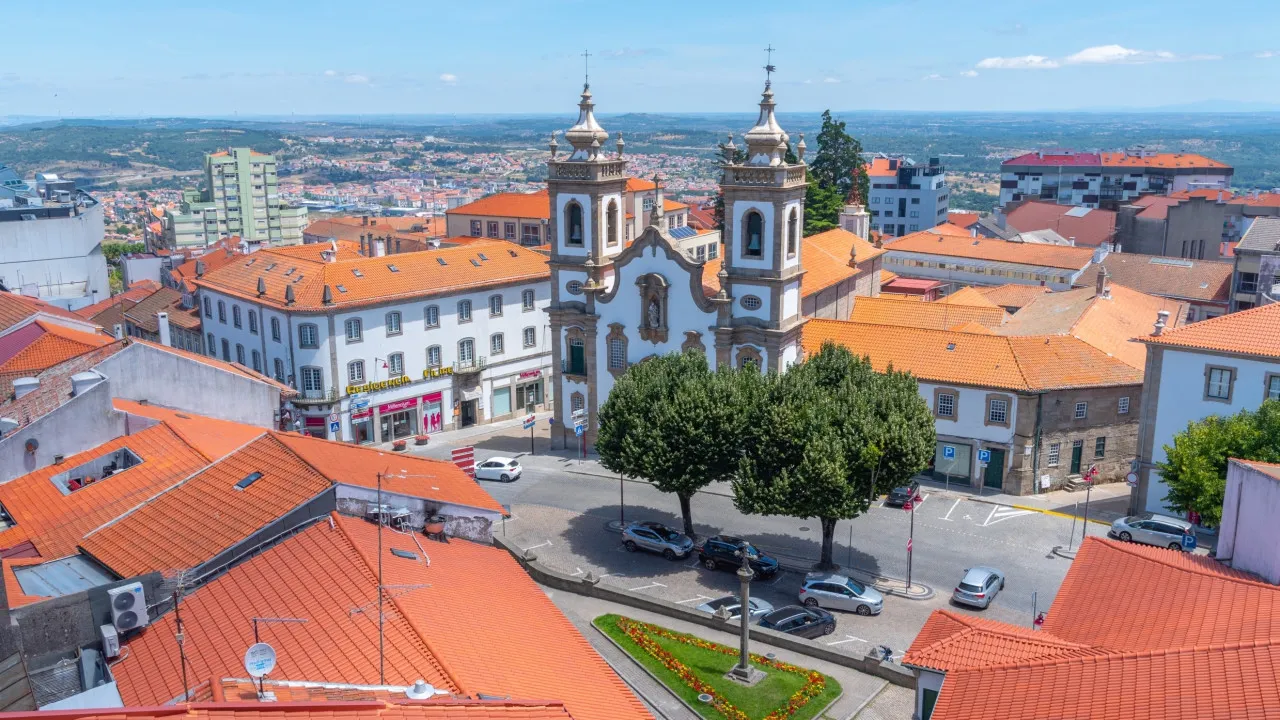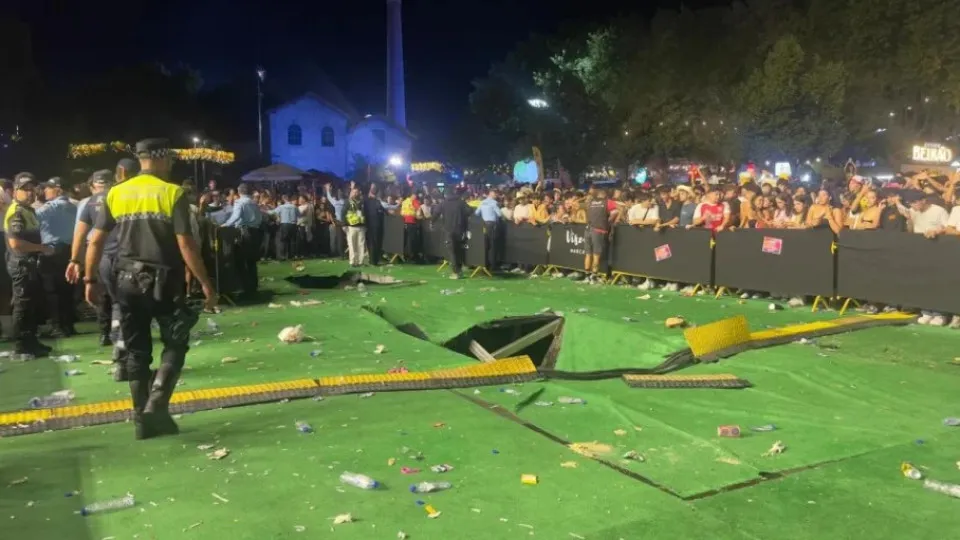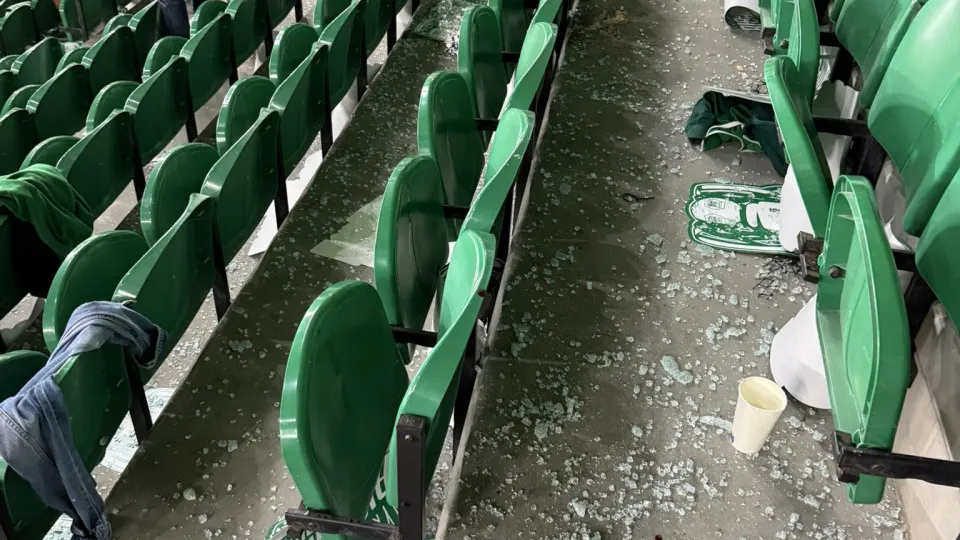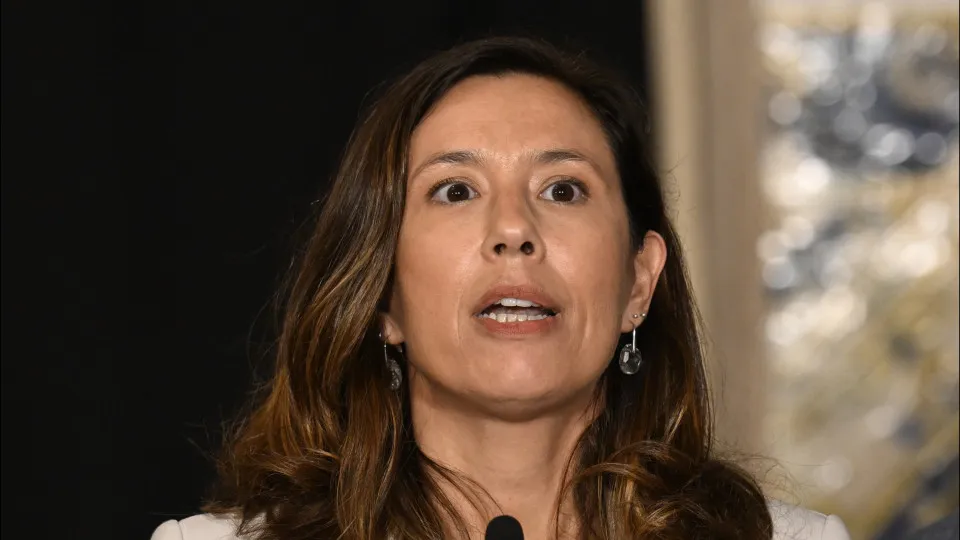
The mayoral race in the district’s capital has several candidates: António Monteirinho from the Socialist Party (PS), João Prata from the Social Democratic Party (PSD), José Pedro Branquinho from the Unitary Democratic Coalition (CDU), and Luís Soares from Chega.
Sérgio Costa, who won the presidency four years ago, will run again as an independent candidate after unsuccessful negotiations to gain support from parties such as the PSD, Chega, or CDS.
Costa, a 49-year-old mechanical engineer, previously led the social-democratic local committee and was a councilor before leaving the party to compete as an independent with the ‘Pela Guarda’ movement. He has stated that “it is not yet time” to discuss the municipal elections.
One of his main opponents is João Prata from the PSD, whose candidacy was announced on July 4.
Prata, aged 62, has been president of the parish council for over 30 years, initially in São Miguel da Guarda and later in Guarda following the merger of the city’s three councils in 2013. A veteran of the PSD, Prata has served as a parliament member in three different terms. As a primary school teacher, he aims to reclaim the city for the PSD, which lost it to Sérgio Costa four years ago.
António Monteirinho, also a former parliament member, was the first officially declared candidate for the council in February.
The 55-year-old mechanical engineer, currently a substitute councilor, believes Guarda “deserves innovative, inclusive public management that meets everyone’s needs.”
The CDU, which includes the Portuguese Communist Party (PCP) and the Greens, is fielding unionist José Pedro Branquinho, aged 60, with the primary aim of returning to the Municipal Assembly, where they failed to secure a seat in 2021 for the first time.
“The people of Guarda can count on us to fight for a vibrant and developed municipality,” said Branquinho, who is also a guide at the Archeological Park of the Côa Valley in Vila Nova de Foz Côa.
Chega is betting on Luís Soares, a 70-year-old civil engineer and retired senior technician from the Guarda City Council, hoping to capitalize on legislative votes.
The current municipal deputy runs as an independent to “counter the stagnation that has plagued the council for 50 years.”
The independent movement ‘Pela Guarda’ (PG) governs the council with a relative majority, matching the PSD’s three councilors, while the PS secured one seat.
Four years ago, the PG won with 36.2% of the votes, the PSD got 33.6%, the PS reached 17.9%—its worst-ever result in the Guarda municipal elections—Chega registered 2.69%, and the CDU 1.3%.
The PG also holds a relative majority in the Municipal Assembly, which it presides over, with 16 municipal deputies compared to the PSD’s 15, PS’s 10, and one each from CDS, Chega, and the Left Bloc.
Guarda, covering an area of 712.11 square kilometers, has a population of 40,046 and is positioned as a service city, with the Local Health Unit, Polytechnic Institute, and the council as the main employers.
The automotive components industry, led by Coficab, a multinational dominating the global market for wires and cables, has seen growth in recent years.
Logistics is also expanding in the city, facilitated by the convergence of the A23 and A25 highways and the Beira Alta and Beira Baixa rail lines.
This strategic location has prompted the creation of the country’s first Dry Port at the Guarda freight rail terminal, with the first phase of construction starting this week.
The future Dry Port will be managed by APDL — Administration of the Ports of Douro, Leixões, and Viana do Castelo.




